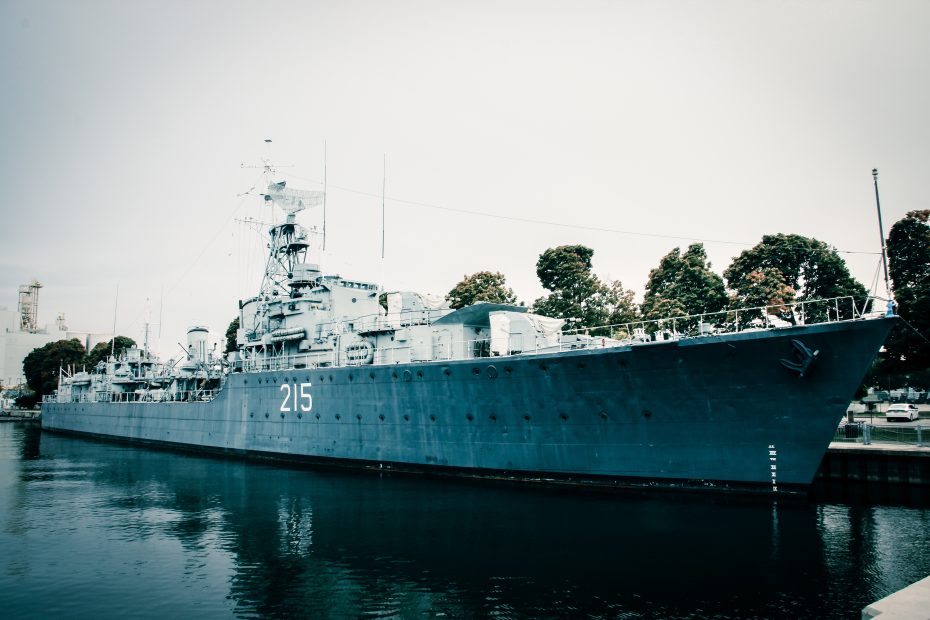Table of Contents
Introduction
Canada is a country rich in cultural diversity and traditions. With influences from England, France, and many other cultures that have settled in Canada over the years, Canadian culture has evolved into a unique blend of practices, beliefs, and celebrations. From coast to coast to coast, Canadians partake in traditions that provide a sense of national pride and identity. This article will explore major Canadian holidays, cultural traditions, and what makes Canadian culture distinct.
Canadian Cultural Identity
Multiculturalism
One of the most definitive aspects of Canadian culture is its commitment to multiculturalism. Canada has a high percentage of foreign-born residents and prides itself on welcoming immigrants from all over the world. The communities formed by different cultural groups contribute to Canada’s identity as an inclusive, diverse society.
Indigenous Peoples
Canada’s culture has also been shaped by its Indigenous peoples, including First Nations, Inuit, and Métis communities. Indigenous cultural traditions involving storytelling, beadwork, music, dance, and connection to the land are integral to Canada’s heritage. Many Canadians now acknowledge and honor Indigenous history and work to build strong relationships between all communities.
Major Holidays and Celebrations
Canadians celebrate several statutory holidays nationwide. These celebrations often bring Canadians together, reinforcing shared values and patriotism.
New Year’s Day
January 1st marks the beginning of the New Year. Many Canadians celebrate on New Year’s Eve with parties, fireworks, and noisemakers.
Family Day
Observed on the third Monday of February in most provinces, Family Day celebrates family connections. People often gather for family meals or activities.
Victoria Day
Occurring on the Monday preceding May 25th, this holiday honors Queen Victoria’s birthday. It unofficially marks the beginning of summer.
Canada Day
Canada Day on July 1st commemorates the anniversary of Canada’s 1867 confederation. Festivities like parades, concerts, and fireworks display national pride.
Labour Day
The first Monday of September recognizes the contributions of workers and labor organizations. People hold barbecues, picnics, or go camping to celebrate workers.
Thanksgiving
On the second Monday of October, Canadians give thanks for the fall harvest. Family gatherings with traditional turkey dinners are customary.
Remembrance Day
Observed on November 11th, Remembrance Day honors veterans and those who died serving Canada in wars. People observe a moment of silence and wear poppies.
Christmas
Christmas celebrations on December 25th and surrounding weeks incorporate Canadian wintry elements. Typical traditions include decorating trees, exchanging gifts, and enjoying holiday meals.
Cultural Traditions
Beyond major holidays, everyday Canadian customs foster a sense of national identity.
Hockey
Ice hockey is practically Canada’s national sport. Children play pond hockey outdoors in winter. Adults enthusiastically follow professional teams and competitions.
Camping
Camping is a popular summertime activity, especially in Canada’s extensive provincial and national parks. It provides connection to the outdoors.
Cottage Life
Many Canadian families own or rent cottages on lakesides and retreat to them on weekends or for summer holidays. Cottage life represents relaxation.
Poutine
Poutine is a quintessential Canadian dish of french fries topped with cheese curds and gravy. It’s a comfort food enjoyed across the country.
Conclusion
Canadian culture is incredibly diverse, yet maintains distinctive traditions and values. Holidays showcase Canada’s heritage, and daily practices like playing hockey and spending time in nature foster national pride. Canada’s openness to all cultures makes it a dynamic, welcoming society that continues to redefine itself. Canadians’ shared enthusiasm for ice hockey, camping, and poutine, paired with inclusive acceptance of differences, ultimately weave together a mosaic of Canadian cultural identity.
FAQs
What are some key aspects of Canadian cultural identity?
Some key aspects include multiculturalism, inclusion of Indigenous cultures, ice hockey, camping/cottage life, and Canadian food dishes like poutine.
How do holidays play a role in Canadian culture?
Holidays like Canada Day and Remembrance Day reinforce shared heritage and values. They bring Canadians together to celebrate national pride.
What makes Canadian culture distinct?
Canada’s culture is very diverse yet united. Unlike the U.S. melting pot, Canada takes a mosaic approach that preserves individual cultural identities within the whole.
How does Canada’s landscape influence the culture?
Canada’s vast natural landscape inspires a love of the outdoors through activities like camping and hockey. This connection to nature is integral to Canadian identity.
Why is multiculturalism important to Canadians?
Multiculturalism allows Canadians of all backgrounds to maintain their cultural practices while being part of Canadian society. It reflects values of inclusivity and openness.
